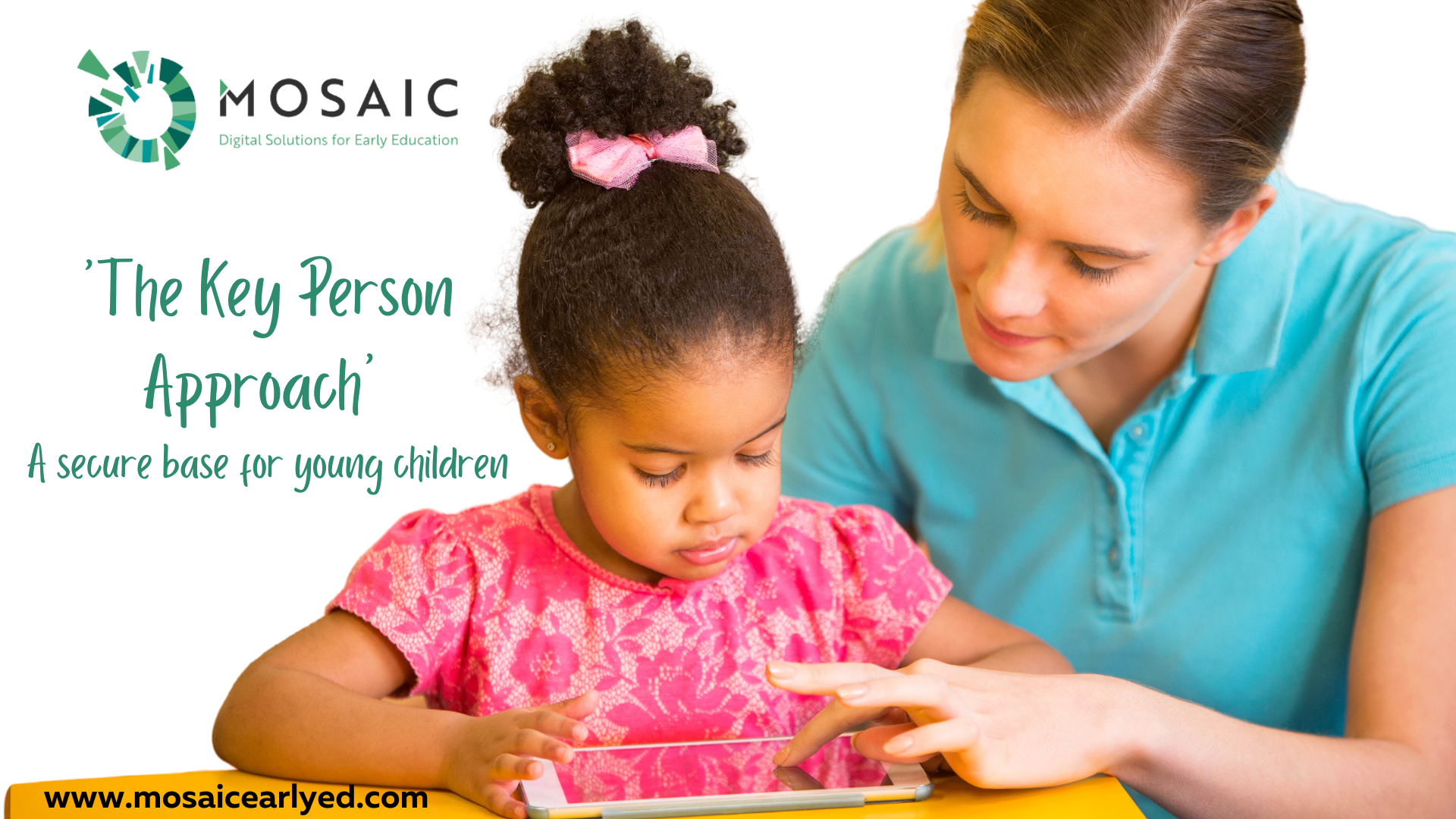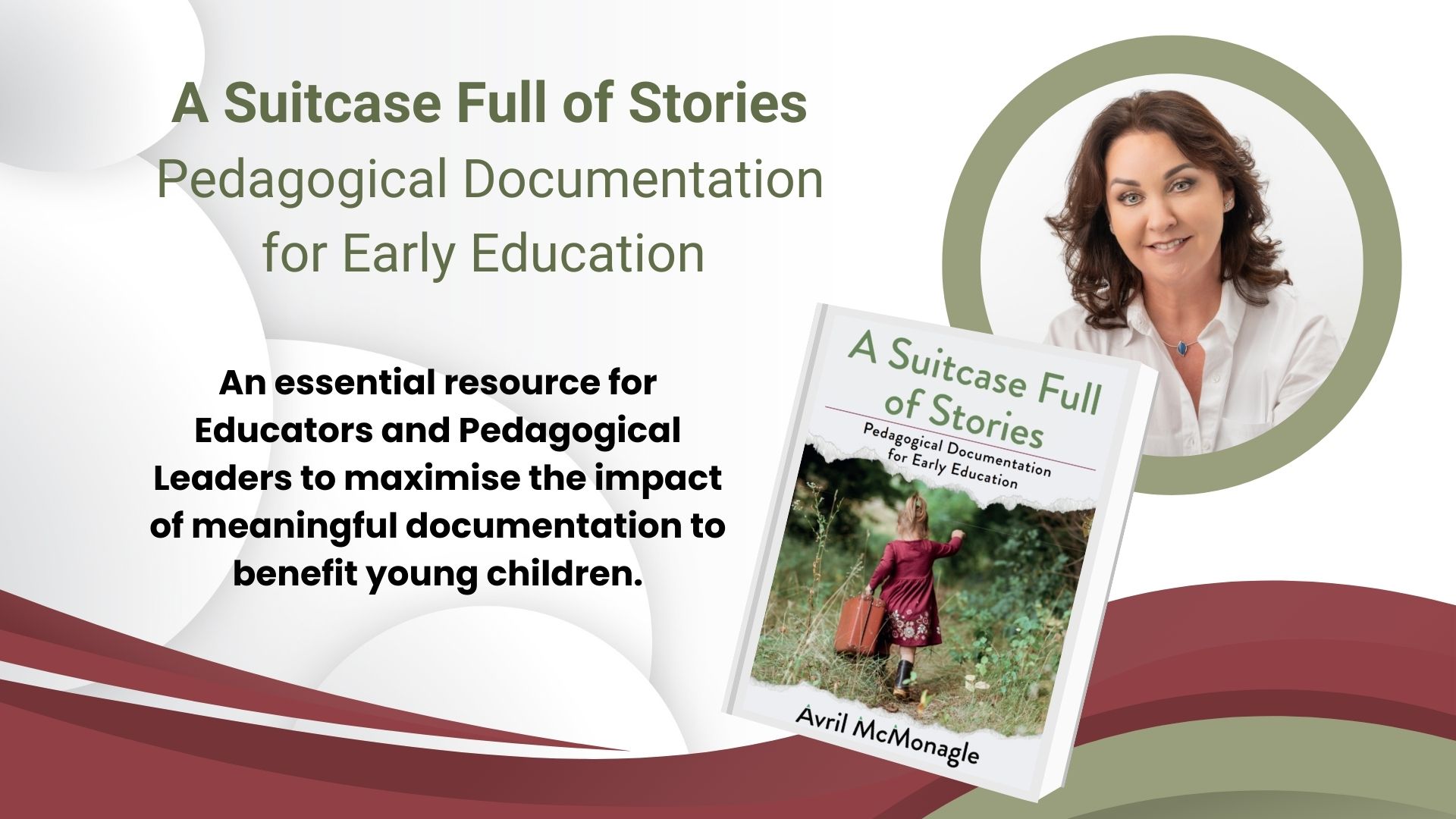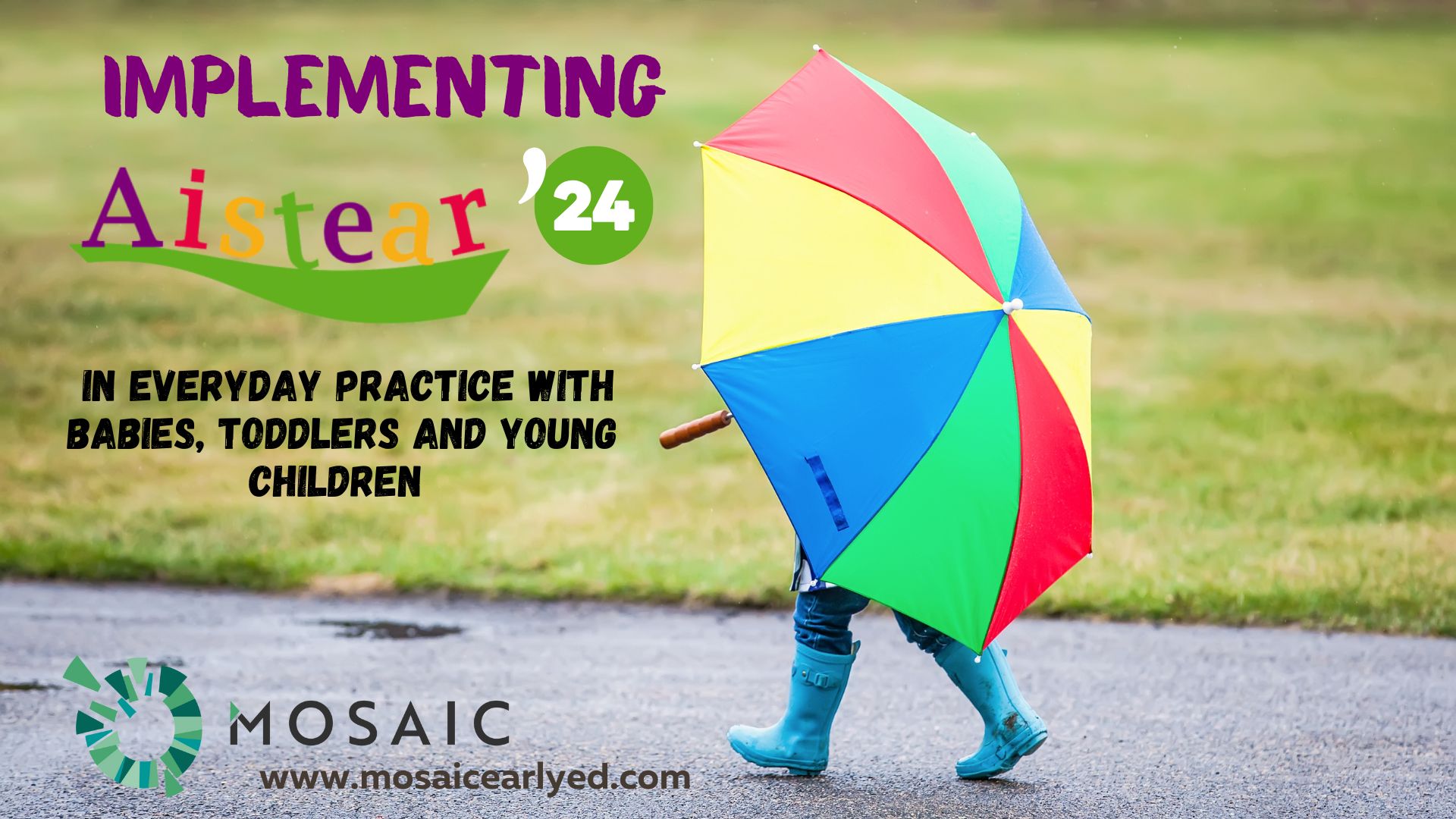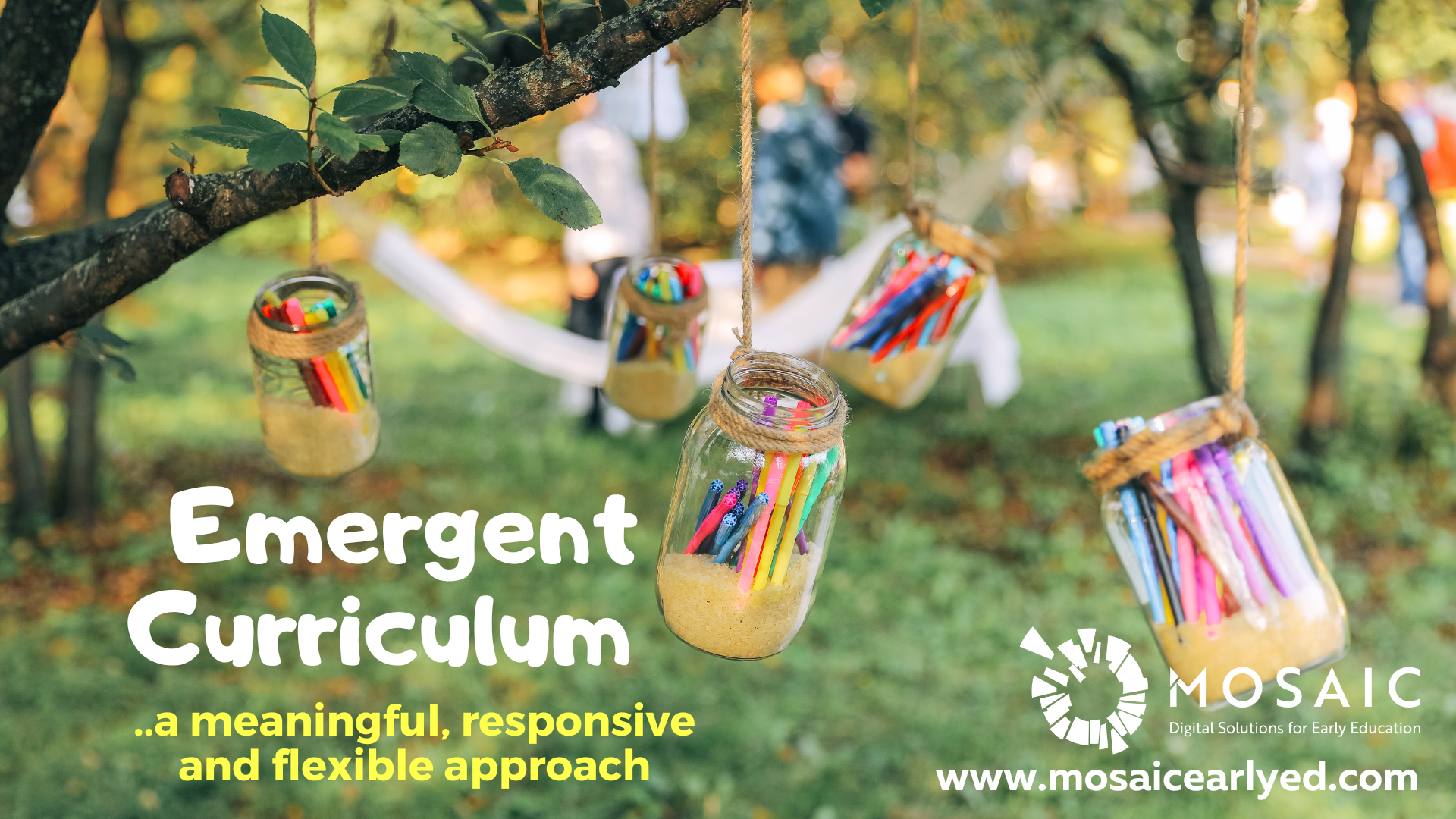The Key Person Approach
Programme Introduction
The Key Person Approach is characterised by a relationship of trust so that the child can feel secure within a group experience. This approach is long recognised as a quality component of early childhood practice.
Whether you are a Manager of an early childhood setting who wants to implement a Key Person Approach or an Educator looking to refresh practice, this practical programme will keep you on the right track. The programme moves from the leglislative and quality context of the Key person Approach to the practical implementation of the approach itself.
The Resource Document section contains a useful handout as well as a sample Key Person Policy and Information Leaflet for parents.
Programme Content
- Tusla QRF, Aistear, Síolta and UNCRC
- The importance of attachments and relationships to holistic well-being
- Practical implementation
- Daily care, learning and development
Key Learning Outcomes
Participants will:
1. Develop an understanding of the legislative and quality practice underpinnings of the Key Person Approach in early learning and care;
2. Understand the key role of attachments and relationships in holistic wellbeing and development;
3. Be able to implement a Key Person Approach in the early childhood setting;
4. Understand the roles and responsibilites of the Key Person;
5. Be able to create a Key Person Policy for the setting.
*This programme comes with a practical handount on the Key Person Approach, a sample Key Person Policy, a Key Worker information leaflet for parents and an Aistear Tipsheet.

1.5 Hours
€20.00
Presentation with video/audio
Easy to follow components
Downloadable reference documents
Test multiple choice questions
Certificate of Completion
You may also like
A Suitcase Full of Stories - Book information feature
0.5 Hours
Free
'Implementing Aistear 2024'
2.5 Hours
€25.00
Emergent Curriculum (2nd ed. April 2023)
2.5 Hours



